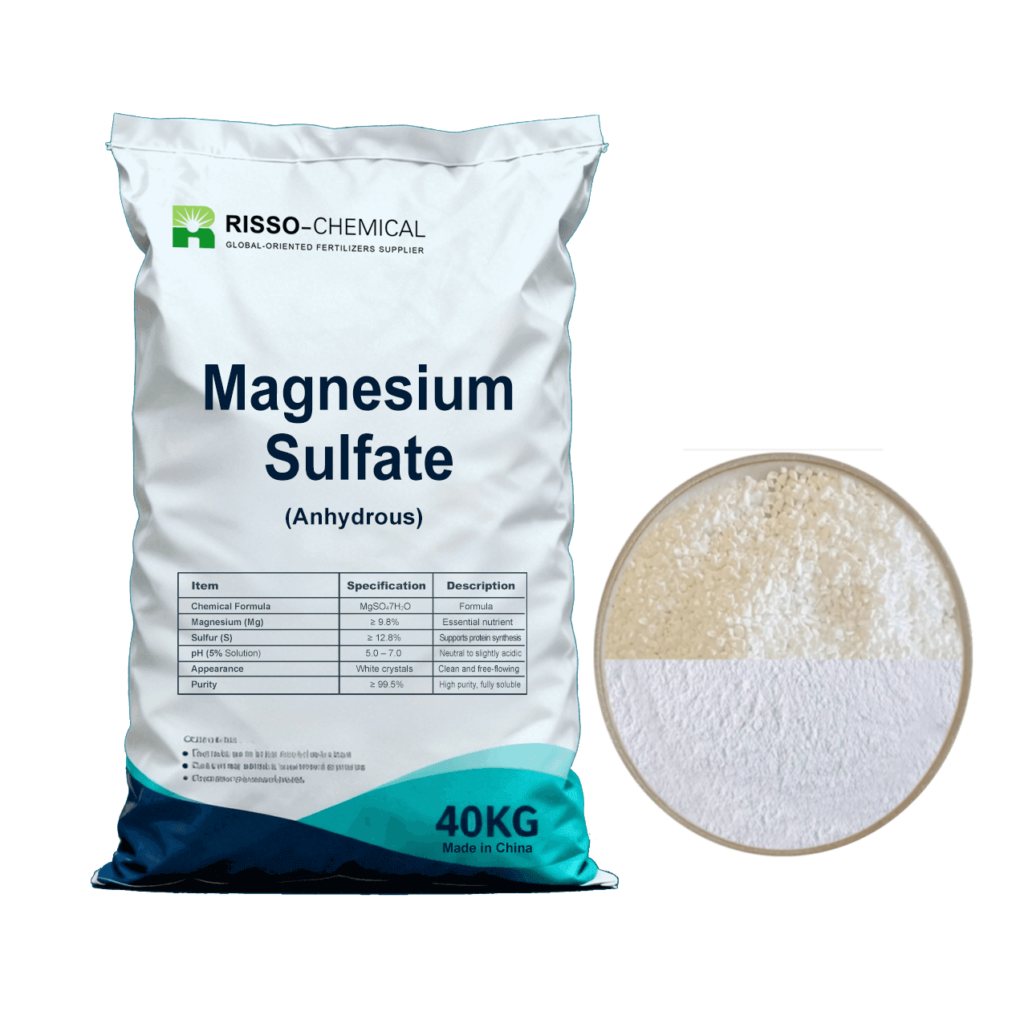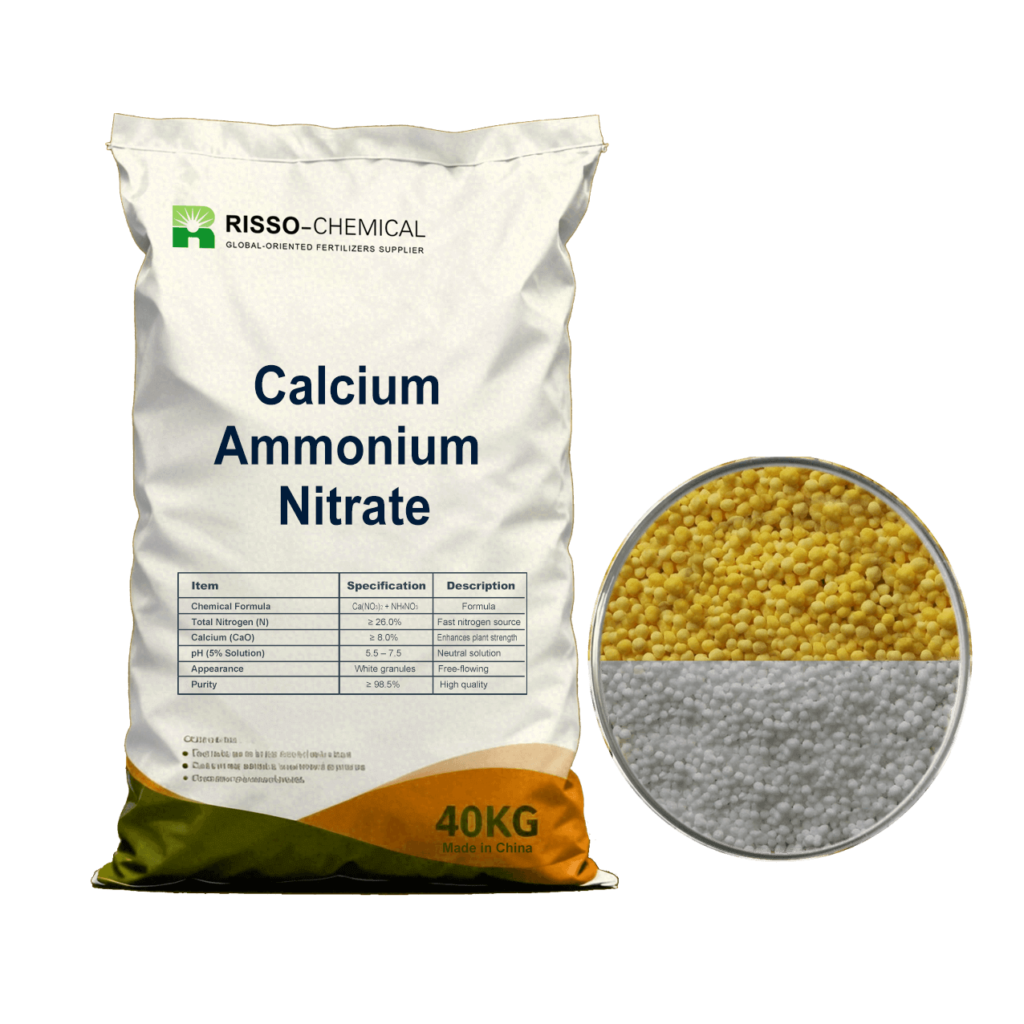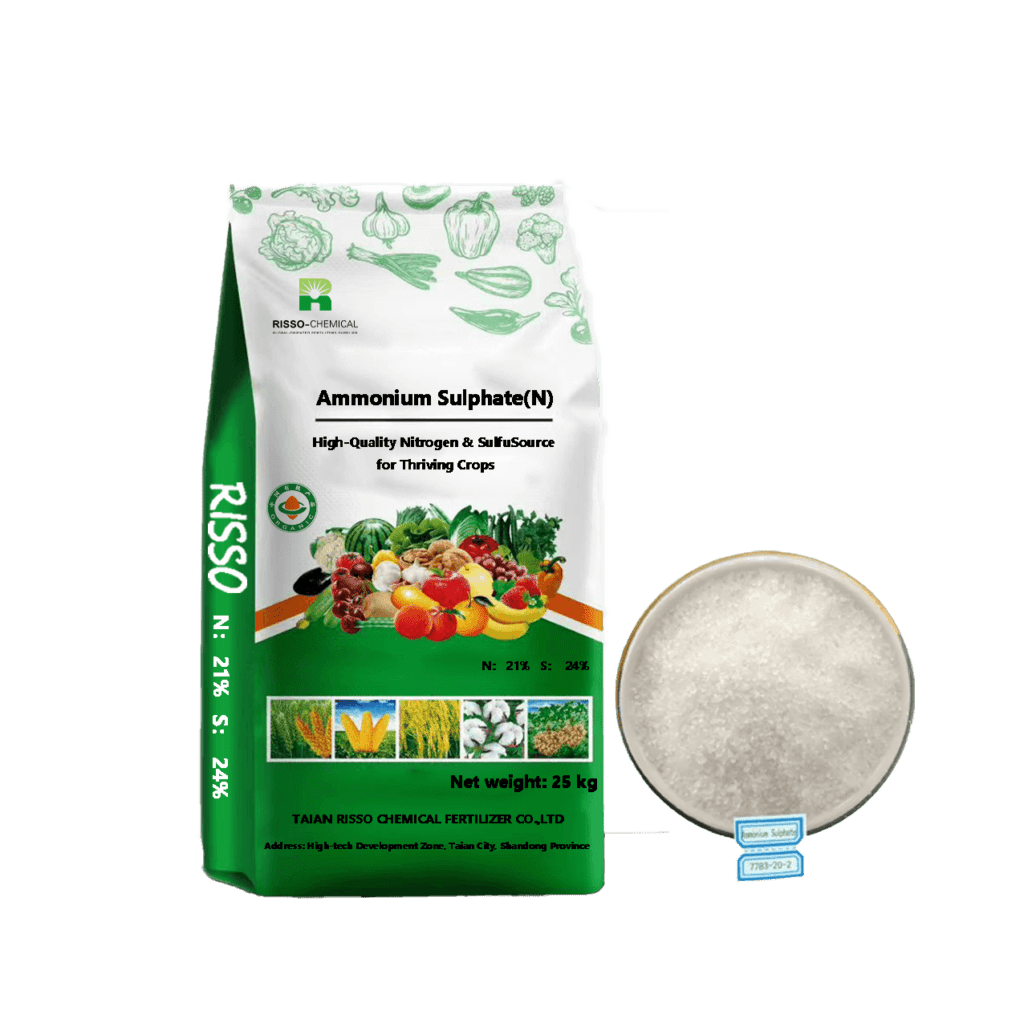Let more growers get greater benefits
Ammonium Sulfate Storage & Handling Best Practices
- Industry News
- January 11, 2019
- 10:30 am

Ammonium sulfate (NH₄)₂SO₄ is a widely used inorganic salt primarily utilized as a nitrogen-based fertilizer in agriculture. It also has applications in industrial processes, pharmaceuticals, and laboratory settings. Proper storage and handling of ammonium sulfate are crucial to maintaining its quality, preventing contamination, and ensuring safety in both commercial and industrial environments.
This article provides a comprehensive guide to best practices for ammonium sulfate storage and handling, helping businesses optimize efficiency while adhering to safety regulations.
Table of Contents
1. Properties of Ammonium Sulfate
Before diving into storage and handling, it’s essential to understand the physical and chemical properties of ammonium sulfate that impact its stability and usability:
- Appearance: White or off-white crystalline solid
- Solubility: Highly soluble in water but insoluble in alcohol
- Hygroscopic Nature: Can absorb moisture from the air, leading to caking
- Chemical Stability: Non-flammable, but it decomposes at high temperatures, releasing ammonia and sulfur compounds
Given its moisture-absorbing nature, proper storage methods are essential to maintain its free-flowing condition and effectiveness.

2. Storage Guidelines
2.1 Environmental Considerations
- Dry Conditions: Store ammonium sulfate in a dry, well-ventilated area to prevent moisture absorption and clumping.
- Temperature Control: Avoid exposure to extreme heat or direct sunlight, as prolonged high temperatures may lead to decomposition.
- Separate Storage: Keep ammonium sulfate away from incompatible substances, such as alkaline materials (e.g., lime) that can cause a chemical reaction.
2.2 Storage Containers and Packaging
- Sealed Packaging: Use moisture-resistant bags or bulk storage silos designed for fertilizers to prevent water absorption.
- Palletized Stacking: When storing in bags, use pallets and avoid direct contact with floors to prevent condensation-related moisture absorption.
- Labeling and Documentation: Clearly mark storage areas with safety labels and maintain proper documentation for inventory control and compliance.
2.3 Bulk Storage Considerations
For large-scale industrial storage, consider:- Silo Linings: Use corrosion-resistant silos to prevent structural degradation.
- Aeration Systems: Implement ventilation systems in bulk storage to reduce humidity and prevent caking.
- Routine Inspection: Regularly check storage structures for leaks, corrosion, or contamination.

3. Handling Best Practices
3.1 Safe Material Handling
- Personal Protective Equipment (PPE): Workers handling ammonium sulfate should wear gloves, safety goggles, and dust masks to prevent irritation from dust exposure.
- Controlled Pouring & Transfer: Use mechanical conveyors or controlled pouring techniques to minimize dust release during transfer.
- Avoidance of Sparks & Fire: Although ammonium sulfate is non-flammable, always store it away from ignition sources to prevent decomposition at high temperatures.
3.2 Transportation Safety
- Secure Packaging: Ensure ammonium sulfate bags or containers are tightly sealed to prevent spillage during transit.
- Regulatory Compliance: Follow local and international regulations, such as those set by OSHA or REACH, when transporting ammonium sulfate.
- Avoid Cross-Contamination: Transport ammonium sulfate separately from reactive substances such as strong alkalis and oxidizers.
4. Common Issues & Troubleshooting
Despite proper storage and handling, ammonium sulfate users may face issues like:
| Problem | Causes | Solutions |
| Caking/Lumping | Moisture absorption | Store in dry, ventilated areas, use anti-caking agents |
| Corrosion in Storage Equipment | Long-term exposure to ammonium sulfate | Use corrosion-resistant materials like stainless steel or coated surfaces |
| Dust Formation | Improper handling or transfer | Use controlled transfer methods and PPE |
About Risso Fertilizer
Risso Fertilizer is a leading manufacturer and supplier of high-quality agricultural fertilizers, including Ammonium sulfate and NPK fertilizer. With decades of industry expertise, Risso provides innovative and sustainable nutrient solutions tailored to modern farming needs. Our commitment to quality, safety, and environmental responsibility ensures that our products meet global standards for efficiency and sustainability.
For more information about Risso Fertilizer and our range of products, visit our website or contact our expert team today.
Ammonium Sulfate Related Products
If you want to know other questions about Ammonium sulfate please contact us and we will provide professional answers.
- Article
What will you get when touch?
✔ Quick & helpful reply within 6 hours.
✔ Tailored solutions for your project.
✔ One-stop product, tech, market
TRENDING
Want to find a China fertilizer manufacturer?
Risso will be your best choice; send us your request for your fertilizer details requirement
TAIAN RISSO CHEMICAL FERTILIZER CO.,LTD.
- Address: High-tech Development Zone, Taian City, Shandong Province
© Copyright 2017 RISSO CHEMICAL. All Rights Reserved.











